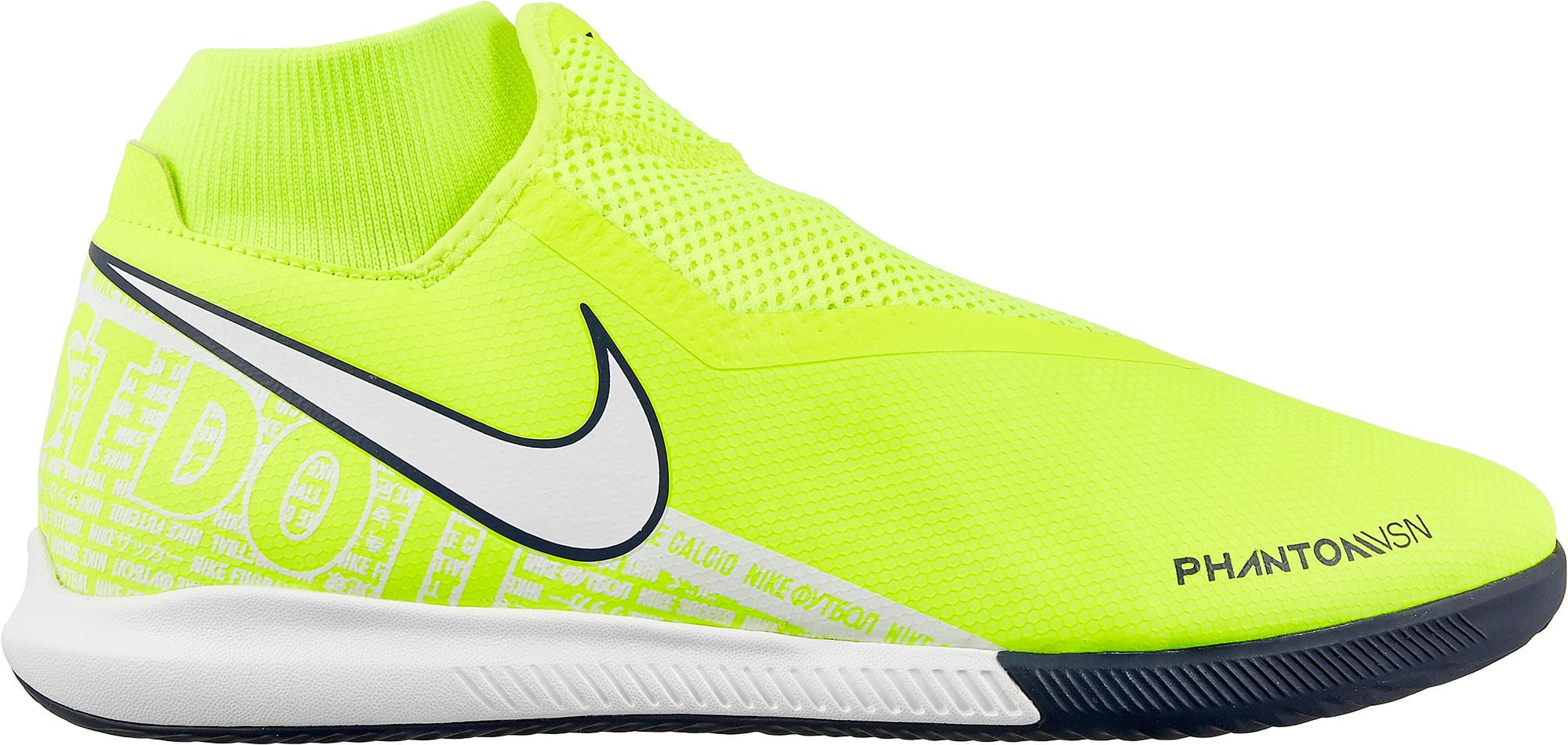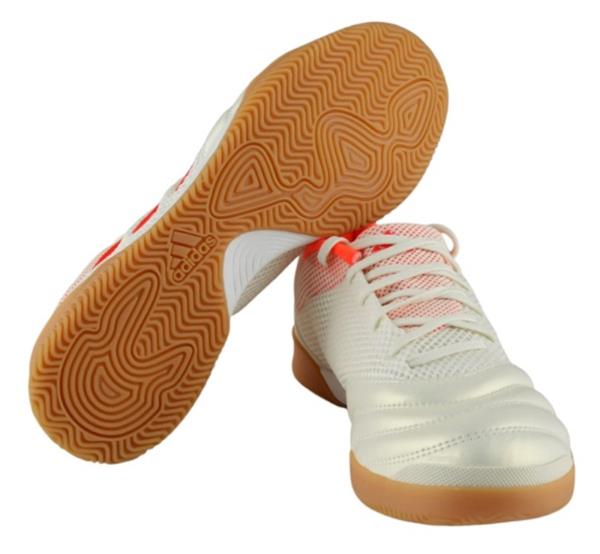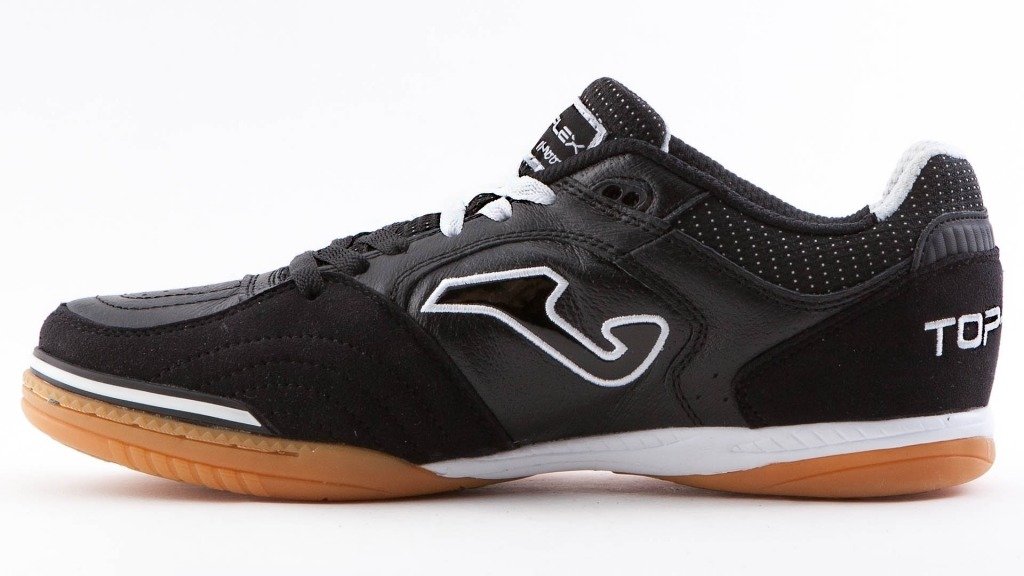I. Introduction to Indoor Futsal Shoes
A. Overview of Futsal and its Unique Requirements
Futsal is a fast-paced indoor soccer game played on a hard court. It requires quick movements, agility, and precise ball control. The unique requirements of futsal call for specific footwear that can enhance performance and provide traction on indoor surfaces.
B. Importance of Proper Footwear for Indoor Soccer
Proper footwear is crucial for indoor soccer players to optimize their performance and reduce the risk of injuries. Indoor futsal shoes are designed to provide traction, support, and comfort on hard court surfaces, allowing players to make quick movements and maintain stability.
C. Exploring the Specific Features of Indoor Futsal Shoes
Indoor futsal shoes are specifically designed to meet the demands of indoor soccer. They offer features such as non-marking soles, traction patterns, cushioning, and durability to enhance performance and protect against common injuries.
II. Choosing the Right Fit for Indoor Futsal Shoes
A. Understanding Foot Size and Width
- Determining the Correct Shoe Size
Accurately measure your feet to determine the correct shoe size. Sizes may vary among different brands, so refer to size charts and customer reviews for guidance.
- Considering Foot Shape and Width Variations
Take into account the shape and width of your feet when choosing indoor futsal shoes. Some brands offer options for narrow, wide, or regular widths to ensure a proper fit.
B. Exploring Different Shoe Brands and Models
- Researching Popular Indoor Futsal Shoe Brands
Research reputable brands that specialize in indoor futsal shoes. Look for brands with a history of producing high-quality footwear for indoor soccer.
- Evaluating Features and Performance of Various Models
Consider the specific features and performance attributes of different indoor futsal shoe models. Read customer reviews and seek recommendations to assess durability, comfort, and overall performance.
III. Key Features of Indoor Futsal Shoes
A. Traction and Grip for Indoor Surfaces
- Evaluating the Outsole Design and Rubber Compounds
Indoor futsal shoes should have outsoles designed to provide excellent traction and grip on indoor court surfaces. Look for shoes with rubber compounds that offer good grip and durability.
- Considering Traction Patterns for Quick Turns and Movements
Choose shoes with traction patterns that facilitate quick turns and movements on indoor courts. Look for multidirectional grooves or patterns that enhance grip and allow for quick changes of direction.
B. Cushioning and Shock Absorption
- Assessing the Midsole and Insole Materials
Consider the cushioning and shock absorption capabilities of the midsole and insole materials. Look for shoes that offer adequate cushioning to minimize the impact on your feet and joints during intense play.
- Impact Absorption Features for Indoor Surfaces
Ensure that the shoes have features that provide impact absorption on hard court surfaces. This can help reduce the risk of injuries and provide added comfort during games and training sessions.
IV. Material and Construction of Indoor Futsal Shoes

A. Breathability and Ventilation
- Evaluating Upper Materials and Design
Choose shoes with breathable and lightweight upper materials such as mesh or synthetic fabrics. These materials promote airflow and help keep your feet cool and dry during intense play.
- Mesh Panels and Ventilation Systems
Look for shoes with mesh panels or ventilation systems that allow for increased airflow to prevent excessive sweating and discomfort.
B. Durability and Protection
- Reinforcements in High-Stress Areas
Select shoes with reinforcements in high-stress areas such as the toe box and sides. These reinforcements enhance durability and protect against abrasion, extending the lifespan of the shoes.
- Toe Caps and Ankle Support Features
Consider shoes with toe caps for added protection during ball strikes and ankle support features to reduce the risk of sprains and injuries. Padded collars and ankle support systems can provide stability and prevent twisting.
V. Selecting Indoor-Specific Futsal Shoes
A. Non-Marking Soles for Indoor Courts

- Understanding Non-Marking Sole Technology
Ensure that the futsal shoes have non-marking soles to prevent leaving marks or scuffing on indoor court surfaces. Non-marking soles are made from rubber compounds that do not leave visible marks on the floor.
- Ensuring Compliance with Indoor Court Regulations
Check if the shoes comply with the regulations of the specific indoor courts where you will be playing. Some courts may have specific requirements regarding shoe soles to protect the playing surface.
B. Flexibility and Maneuverability
- Assessing the Shoe’s Flex Points and Flexibility Features
Choose shoes that offer flexibility in the forefoot and allow for natural movements. Check the flex points of the shoe to ensure they align with your foot’s bending points.
- Enhancing Agility and Quick Movements
Consider shoes with lightweight construction and design features that enhance agility and allow for quick movements. Shoes with a responsive and flexible sole can improve your ability to change direction rapidly on the indoor court.
VI. Proper Care and Maintenance of Indoor Futsal Shoes

A. Cleaning and Drying the Shoes
- Removing Dirt and Debris from the Shoes
Regularly clean the shoes by removing dirt and debris using a soft brush or cloth. Wipe down the shoes after each use to prevent the buildup of dirt and grime.
- Properly Drying the Shoes After Use
Ensure that the shoes are properly dried after each use to prevent odor and maintain their shape. Remove the insoles and allow the shoes to air dry naturally in a well-ventilated area.
B. Regular Inspections and Replacements
- Monitoring Wear and Tear Signs
Regularly inspect the shoes for signs of wear and tear, such as frayed stitching, worn-out soles, or loss of cushioning. Address these issues promptly and consider replacing the shoes if necessary.
- Knowing When to Replace Worn-Out Shoes
Replace worn-out shoes when they no longer provide adequate support, cushioning, or traction. Continued use of worn-out shoes can increase the risk of foot and ankle injuries.
Conclusion:
Indoor futsal shoes are essential for optimal performance and safety in indoor soccer. By selecting the right fit, paying attention to key features, and choosing indoor-specific shoes, players can enjoy enhanced traction, cushioning, and durability on the indoor court. Regular care and maintenance will extend the lifespan of the shoes, ensuring continued performance. Invest in a quality pair of indoor futsal shoes and elevate your game in the indoor soccer arena.
